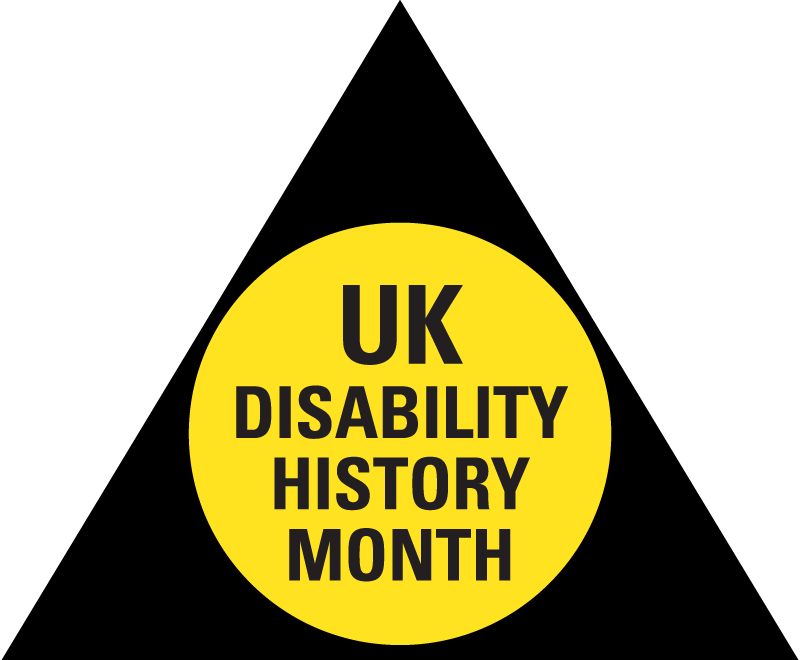Very successful day Conference and Launch of UKDHM on Portrayal of Disability in Moving Image Media.
Shadow Chancellor John McDonnell gave an audience of TV and film makers, actors and disabled people a strong message of support at the British Film Institute yesterday evening the 19th Nov 2015.
He said that the ‘New politics’ that Jeremy Corbyn and he were developing was based was based on treating others the way you wanted to be treated. In the past the Labour Party had focussed on improving bread and butter issues for disabled people and that they had not understood that portrayal and the way it influences attitudes was more fundamental as it was this that led to discrimination. That now we will need to look at specific mechanisms for change this may include quotas and training to change portrayal and representation of disabled people in the media. There was now an open door to policy making in the Labour Party that there had not been before. (See YouTube for the speech 17.30 to 26.00 mins).
John gave three political commitments:-
- The Labour Party will set up a policy dialogue with the organisations and individuals that disabled people think can make a constructive contribution on this issue. You need to advise us who should be round the table.
- We will go through policy making of the Labour Party nd ensure the issue of portrayal and representation of disability is inserted.
- If he had anything to do with it there would be a Manifesto commitment on representation as a foundation stone of how people perceive disabled people. We missed this out in the past.
Lastly, there was a campaigning role for all of us to bring attention to these issues and achieve solutions.
Philipa Harvey, President of the National Union of Teachers, conveyed the support of the union for the work of Disability History Month and said how the union was informing teachers of the need to raise the history of disabled people with children. Philipa also pointed out that a recent survey the Union had conducted showed many disabled teachers were being discriminated.
Elenor Lisney of Sisters of Frida talked about how images of disabled women on the screen had influenced her when growing up.
Richard Rieser, Coordinator of the UK Disability History Month talked about historically rooted stereotypes of disabled people based on myth, magic, superstition, religion and pseudo science that shape attitudes and are continually recycled. While there has been some isolated examples of good representation where we are just presented as ordinary; too often a new stereotype of bringing disability into narratives is considered as a ‘prosthetic’ to a weak storyline. There were more disabled actors and film makers but they were not being used anywhere near enough in broadcast media and film.
Richard then reported on the main conclusions of the Day conference. There should be tapered quotas to grow from 10 to 20% as the pool of talent grows. There needs to be more targeted training and work experience. Cuts in Arts subjects in schools and colleges should be reversed to develop the talent pool. All relevant union Equity, BECTU, The Writers Guild and Musicians Union should be pressured to do much more to gave portrayal of disabled people in the media. Acting for Change should be supported. Those who own and manage at a top level the broadcast media and film making must be approached and pressured to do more.
